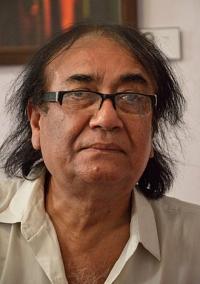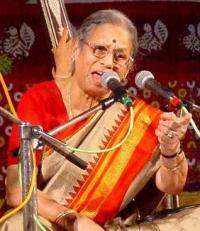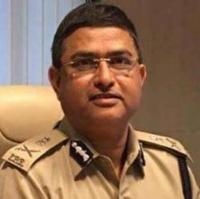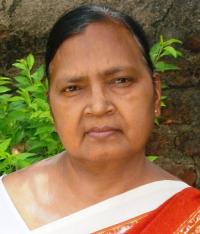Date of Formation: Garhwa District was carved out of Palamu District on 1st April 1991.
Area: 4044 square kilometers
Density of Population: 327 people per square kilometer
Literacy Rate: 62.18 % - Male: 74.00 %, Female: 49.43 %
Male Female Ratio: 1000:933
Boundaries of Garhwa District
North: Uttar Pradesh and Bihar
South and West: Chhattisgarh
East: Palamu District and Latehar District, Jharkhand
Garhwa District Average Rainfall: 907.0 mm
Garhwa District Average Temperature in Summer: 31.97 deg C
Garhwa District Average Temperature in Winter: 15.98 deg C
GARHWA DISTRICT MAP

Major Rivers: Koyal, Annaraj, Urea, Baibanki, Pando, Biraha, Kanhar, Danro, Sarsatiya, Tahale, Bellaii, Sapahi
Sub Divisions: Garhwa, Nagaruntari
Blocks: Bhandaria, Bhawanathpur, Dhuraki, Garhwa, Majhiaon Kalan, Meral , Nagaruntari, Ranka Kalan, Chutia, Danda, Kanri, Kharaundhi, Ramkanda, Rampur
Assembly Constituencies: Bisrampur , Bhawanathpur, Garhwa, Daltonganj
Dams: Annaraj Dam, Panghutua Dam
Garhwa District Nearby Attractions
1. Goddess Bhagawati
2. Raja Pahari Natural Beauty
3. Saruat Pahar
4. Radha Krishna Mandir of Nagaruntari
5. Kanjia - Katholic Ashram
6. Garhdevi Mandir
7. Sukhaldari Water Fall
8. Parasdiha fall
9. Hisatu Falls
10. Gursandhu Waterfalls
Garhwa District Facts: This is one of the 21 most backward districts of Jharkhand that is receiving funds from the Backward Regions Grant Fund Program. NH 75 passes through this district.
Major Agricultural Products: Paddy, maize, wheat, pulses, gram, peas, arhar, moong, urad, oilseeds
Major Educational Institutions: Surat Panday Degree College, S.S.J.S. Namdhari College, Gopinath Singh College, Yasin Millat College, Women’s College, Sonbhadra Adarsh Inter College, S.P.D. College, Gunjeshwari Devi Inter College, Tetri Chandravanshi B.Ed College, Dental College
Mineral Resources: Dolamite, lime stone, coal, graphite, China clay, granite
What is Garhwa District Famous For: Its Waterfalls
Last Updated : Monday Jun 11 , 2012











